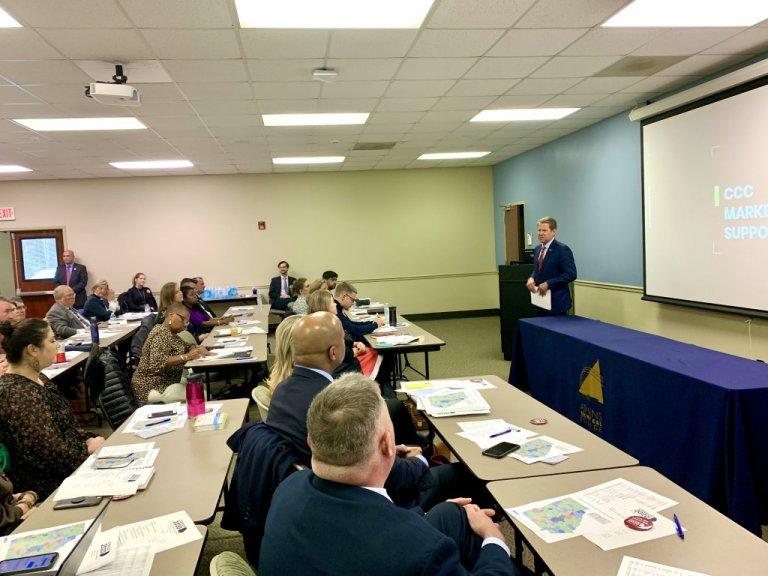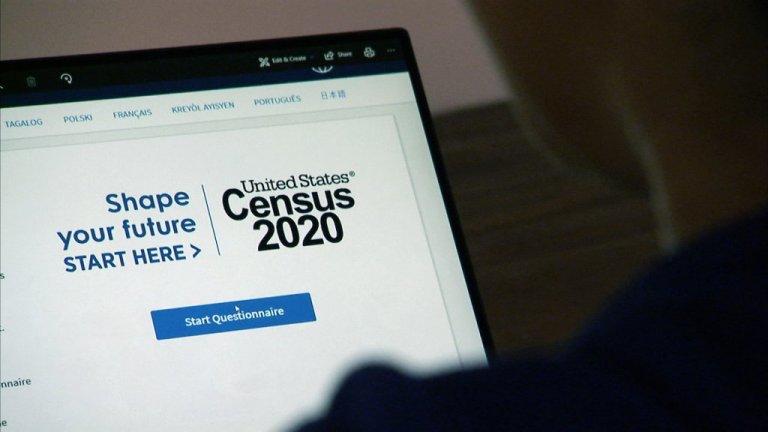
Caption
At a Complete Count Committee meeting last November Gov. Brian Kemp urged 50 members to give their all because the 2020 Census would "literally shape the future of our state." Georgia's response rate is lagging in the bottom 10 in the country as the count winds down.
Credit: Georgia Recorder


